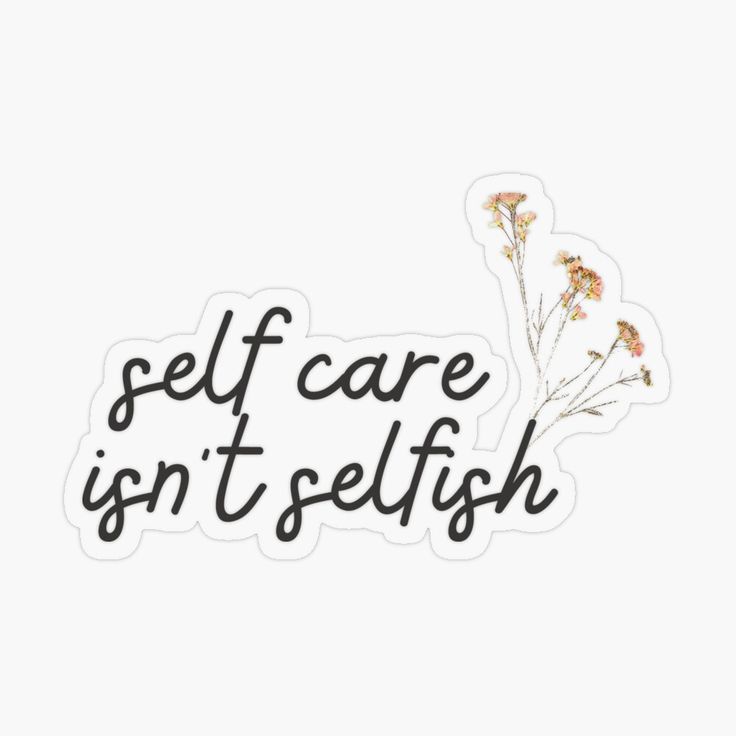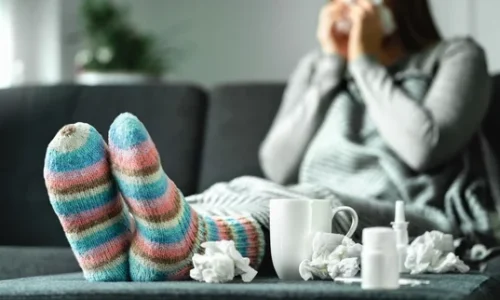- Catherine Maborukoje
- Self-care, Self-neglect
- 0 Comments
- 1348 Views
The human condition’s twin dimensions are comparable to a coin’s two sides. Similar to how there is no middle ground—you are either on one side of the divide at a given moment, whether it is light or dark, good or evil. In the same way, self-neglect and self-care are two of these twin dimensions; one is illuminated by the light of self-preservation, while the other languishes in the shadow of disdain and neglect.
According to WHO (1998), “Self-care is what people do for themselves to establish and maintain health and to prevent and deal with illness. It is a broad concept encompassing hygiene (general and personal), nutrition (type and quality of food eaten), lifestyle (sporting activities, leisure, etc.), environmental factors (living conditions, social habits, etc.) socio-economic factors (income level, cultural beliefs, etc.) and self-medication.”
Meanwhile, Wikipedia defines self-neglect as ”a behavioral condition in which an individual neglects to attend to their basic needs, such as personal hygiene, appropriate clothing, feeding, or tending appropriately to any medical conditions they have”
Considering personal hygiene as an example, various factors influence whether individuals lean towards self-care or self-neglect.

Photo by: British journal of nursing
For instance, There is Non-intentional self-neglect, where people with mental conditions lead them to self-neglect as they do not choose to be filthy or unsafe.
Similarly, there are those affected by the Diogenes syndrome where people tend to neglect their own physical needs, including health and hygiene which happens particularly to older people.
But what about the younger generation who happens to be aware of their self and surroundings? Those who Intentionally self-neglect. Intentional (active) self-neglect is when an individual is of sound mind and body and chooses to live in filth and dangerous conditions. The individual may choose not to bath, take necessary medications, eat, clean, or maintain their home, even though they know they should.
Many people blame it on how tasking their job is, some blame it on their emotions, some married people go as far as thinking they can self-neglect since they are now married, while some people are just pure lazy.
The consequences of self-neglect are severe, ranging from physical health issues like intensification of existing conditions, pressure ulcers, and malnutrition to mental health challenges such as schizophrenia, depression and dementia. Moreover, neglecting self-care can amplify anxiety, anger, fatigue, relationship dissatisfaction and sometimes death.
Contrarily, embracing self-care yields numerous benefits, enhancing both physical and mental well-being. Prioritizing self-care activities can mitigate stress, reduce the risk of illness, boost energy levels, and improve concentration and problem-solving abilities. Even small acts of self-care in daily life can have a significant positive impact.
The choice between self-care and self-neglect profoundly influences our overall well-being and quality of life.
It’s crucial to recognize that prioritizing self-care is not selfish but rather a necessary investment in our health. By nurturing self-care habits such as going for spas, massages or going on a little vacation for relaxation, setting boundaries, and attending to our hygiene, we cultivate resilience and lead more fulfilling lives.
Conversely, self-neglect only leads to unhappiness and disconnection from ourselves and others. Encouraging self-care fosters a healthier, more peaceful world for individuals to thrive in, one compassionate choice at a time











